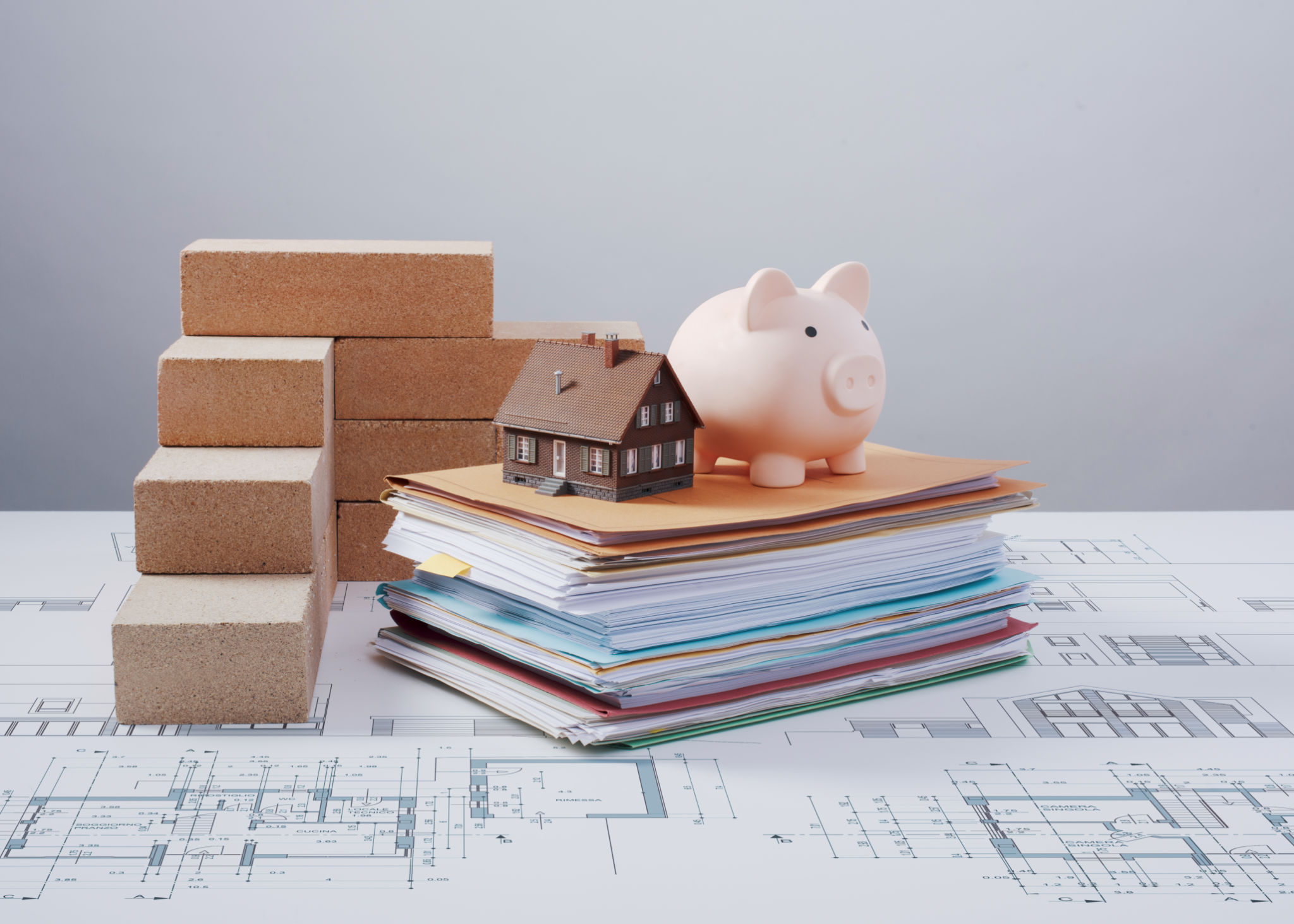Understanding the Impact of Local Regulations on Home Renovations in Graham
HS
Understanding Local Building Codes
When planning a home renovation in Graham, it's crucial to understand the local building codes and regulations. These rules are designed to ensure safety, energy efficiency, and accessibility. They can significantly influence the design and execution of your renovation project. Not complying with these codes can result in fines, delays, or even having to redo parts of the work.
One of the most important aspects to consider is the permitting process. Before starting any major renovation, you may need to obtain several permits. These can range from building permits to electrical and plumbing permits. Each type of permit ensures that specific aspects of your renovation meet local standards.

Working with the Local Planning Department
Engaging with the local planning department early in your renovation project can save you a lot of time and hassle. They can provide valuable insights into the requirements for your specific project. It's also wise to check if there are any upcoming changes to regulations that might affect your renovation.
The planning department can also help clarify zoning laws. Zoning laws dictate how properties in certain areas can be used. For instance, they may restrict building heights or dictate how far structures must be set back from property lines. Understanding these rules will help ensure your project stays within legal boundaries.
Environmental Considerations
Environmental regulations are another key factor to consider. These regulations are designed to protect the environment and often cover issues such as waste disposal and energy efficiency. In some cases, you may be required to use sustainable materials or incorporate eco-friendly designs.

Additionally, adhering to energy codes can not only help the environment but also reduce your utility bills. Many local governments offer incentives for renovations that improve energy efficiency, such as installing solar panels or upgrading insulation.
Historic Preservation Rules
If your home is located in a historic district or is a designated historical property, you may face additional regulations. These rules are intended to preserve the historical character of neighborhoods and buildings. Renovations might require special materials or techniques that align with the historical context.
Before making any changes, it's essential to consult with the local historical preservation society or committee. They can provide guidance on which modifications are permissible and help you navigate any additional permitting processes.

Impact on Budget and Timeline
Understanding local regulations is critical not only for compliance but also for effective budgeting and scheduling. Permits and inspections can add time and costs to your project. Failing to account for these factors might lead to unexpected expenses or delays.
It's also beneficial to work with contractors who are familiar with Graham's local regulations. Experienced professionals can help identify potential issues early in the process and offer solutions that align with legal requirements while staying within your budget.
Conclusion
In conclusion, navigating local regulations is an integral part of any home renovation project in Graham. By researching and understanding these rules early on, you can ensure a smoother renovation process. Whether it's building codes, environmental standards, or historic preservation requirements, being informed will help you achieve your renovation goals efficiently and legally.
